From the East Coast to the West Coast, and all points in between, hunters are finding “No trespassing” signs going up on the best whitetail hunting grounds. Just because woods have been “posted” does not mean we cannot hunt them. “No trespassing” signs simply mean that we must ask permission before we hunt.
It’s not uncommon that the behavior from past hunters has given the landowner a negative opinion of hunter and hunting.
Because of his lack of hunting knowledge, he has a neutral opinion about hunters and their passion. Whatever the case, it is your job to give the landowner a positive opinion about yourself.
Asking well in advance of deer season and being polite will go far in securing unpressured hunting grounds. When you approach a landowner, first impressions are important. Put on clean clothes, shake the landowner’s hand, and do not use profanity.
Respect — that’s first and foremost when you are interacting with landowners.
Below are seven more tips that will help you obtain permission to hunt on posted land. As a landowner, I’ve had all type knock on my door asking for permission to hunt my ground. Some were granted permission, others not. Follow these tips and you’ll likely get what you’re looking for.
1) REPORT YOUR EXPERIENCE: Let the landowner know your hunting history. Landowners feel more comfortable allowing a safe and responsible hunter on his property than one who is not. If you have taken a hunter education course, let it be known. Don’t hesitate to say that you are a safe, responsible, and ethical hunter. If it’s true, it’s not bragging.
2) LOOK IN THE RIGHT PLACES: Look for areas where deer populations are causing problems. CWD, Lyme disease, suburban areas with high rates of deer-vehicle accidents, and farmers that are experiencing crop damage as a result of whitetails — these are all good places to look. Many people with problem deer in their area, more often than not, will be more than happy to have a few deer killed off their property each fall. UPS drivers, FedEx drivers, U.S. mail carriers, and school bus drivers are all good people to question about deer hunting possibilities. They travel rural roads and talk with landowners on a daily basis.
3) GIVE PERSONAL INFORMATION: Give the landowner a business card or an index card with your contact information. Include your vehicle description and the tag number of your vehicle. This will allow the landowner to feel safe should any problems arise.
4) LET YOUR INTENTIONS BE KNOWN: You’ll be more likely to obtain permission if the landowner realizes your harvest will provide your family with many healthy meals. If you plan to donate your kill to a program such as Farmer and Hunters Feeding the Hungry (FHFH.org), or any one of the local charities that are in your area, say so. Charity goes far in the hearts and minds of others. If possible, take a child with you when you seek permission. It is hard to turn down a child.
5) DO NOT STOP AT NO: This does not mean that you harass a landowner till you get the answer you want. If you are told no, thank the landowner for his or her time and move on to the next landowner. Eventually you will receive permission.
6) BE COURTEUOUS: Do not leave trash behind at your hunting or parking site. An empty bottle of cover-up spray does not look attractive on the ground. Close all gates that you open. Nobody wants to spend their afternoon trying to round up livestock because someone left a gate open. As far as I’m concerned, this next one is a big one. Do not take other hunters with you to hunt who do not have permission. When you secure permission to hunt, you are getting permission for yourself, not all of your buddies. Nothing will get you removed faster than bringing a whole platoon of hunters with you who did not obtain permission.
7) FOLLOW UP: when the season is over, share a couple of packages of venison with the landowner. Homemade cookies are liked by almost everyone. Send a thank-you note or a Christmas card. All of these little things will let the landowner know that you appreciate the opportunity to hunt. Hopefully, all of these gestures will go far in securing permission to hunt prime ground for many years to come.
One final thought about secure hunting ground: Do not take it for granted that you will be allowed to hunt the next season. As long as you abide by the landowners wishes, hunting should not be a problem the following year, unless there have been some changes (such as a change of ownership or a family member who wants to hunt). No matter how much of a sure thing you think you have, always ask permission from one year to the next.
Tell us what you think in the comments section below.



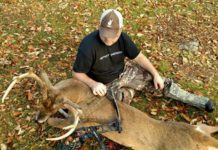





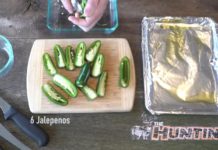

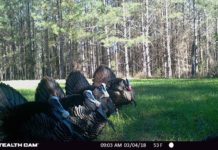

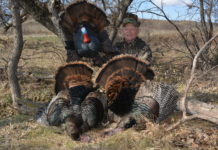


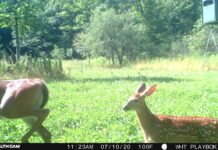
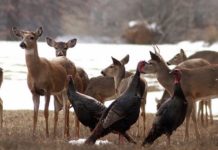

![The Best Deer Camp Chili [VIDEO] Deer Chili Ingredients, Tomatoes, Chili Spices](/wp-content/uploads/2015/10/Deer-Chili-Deer-Camp-Recipe-218x150.jpg)
![How to Call Elk Early in the Season [VIDEO]](/wp-content/uploads/2016/08/byers003-218x150.jpg)

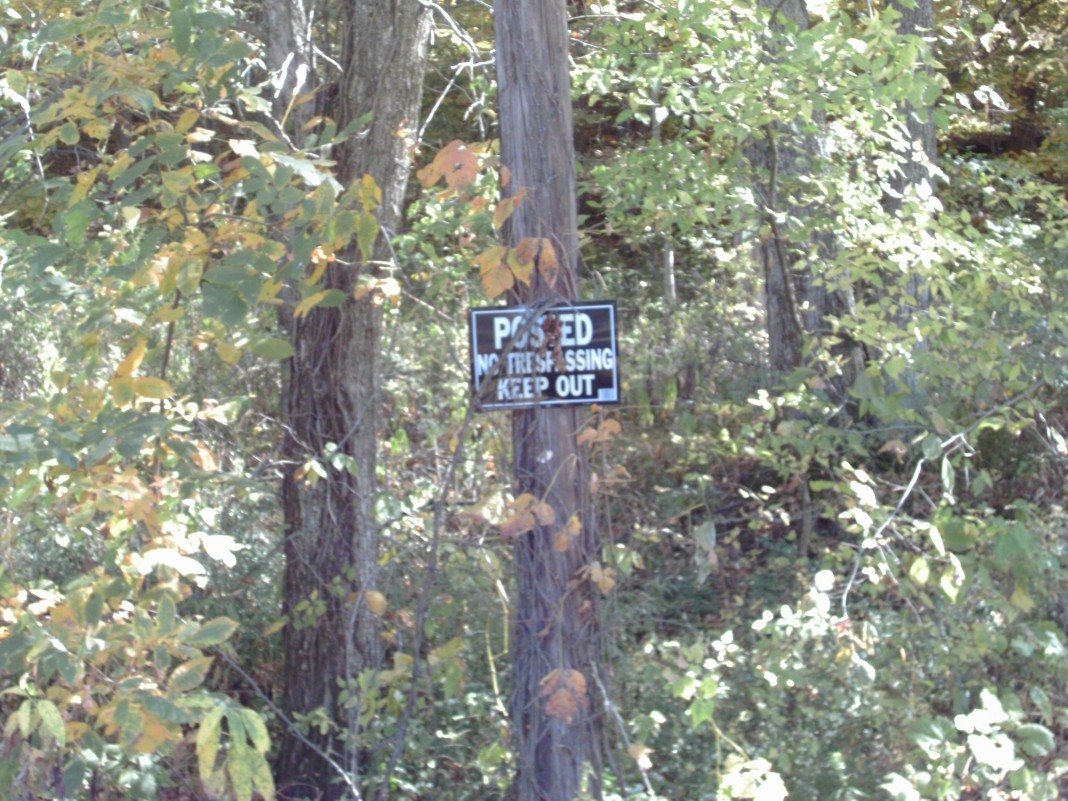


![Idiots Disturb Hunter: How Would You Have Handled It? [VIDEO]](/wp-content/uploads/2015/10/DSC00110-e1474487693878-100x70.jpg)
![Albino Buck Shocked to Shed His Antlers [VIDEO]](/wp-content/uploads/2015/10/AlbinoDeer-100x70.jpg)